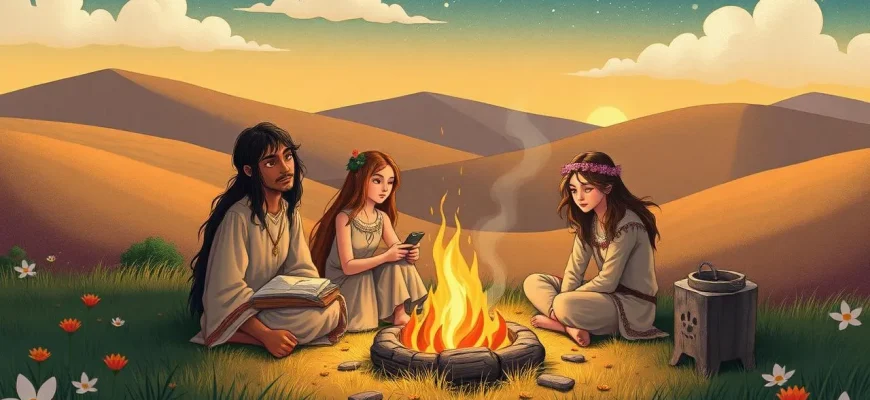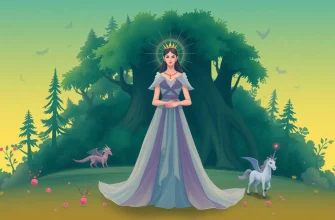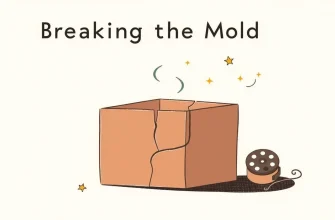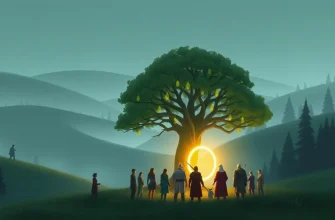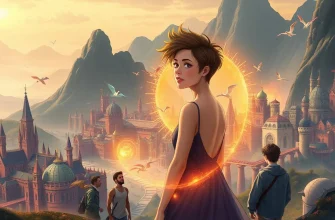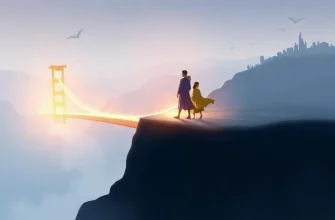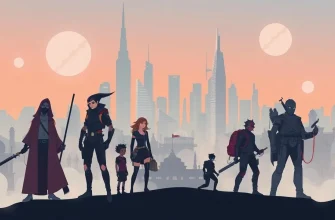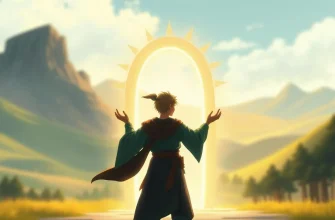Embark on a cinematic journey where the whimsical world of fantasy meets the free-spirited, peace-loving ethos of the hippie movement. This curated list of films offers a unique blend of magical storytelling with the countercultural vibes of the 60s and 70s, providing viewers with an escape into worlds where imagination reigns supreme and the spirit of freedom and love is ever-present. Whether you're a fan of fantastical adventures or simply looking to relive the era of peace and love, these films are sure to enchant and inspire.

The Wicker Man (1973)
Description: While not traditionally a fantasy, its folk horror elements and the portrayal of a pagan community resonate with the hippie movement's interest in alternative lifestyles and spirituality.
Fact: The film's ending was so shocking that it was cut from the original release, only to be restored in later versions.
 Watch Now
Watch Now 
The Dark Crystal (1982)
Description: This Jim Henson creation features a world where nature and magic intertwine, reflecting the hippie ethos of living in harmony with the environment.
Fact: The film was shot entirely using puppets and animatronics, with no CGI, showcasing the craftsmanship of the era.
 Watch Now
Watch Now 
The Last Unicorn (1982)
Description: This animated tale of a unicorn's quest for her kind captures the essence of the hippie movement's longing for purity, freedom, and the search for one's true self.
Fact: The film features a score by Jimmy Webb, with songs performed by America, adding to its 70s vibe.
 Watch Now
Watch Now 
The Secret of NIMH (1982)
Description: This animated film explores themes of community, nature, and the struggle against oppression, echoing the hippie movement's ideals.
Fact: It was Don Bluth's first feature film after leaving Disney, marking a significant moment in animation history.
 Watch Now
Watch Now 
The NeverEnding Story (1984)
Description: This film's narrative about the power of imagination and the fight against darkness reflects the hippie movement's emphasis on creativity and the battle against conformity.
Fact: The song "The NeverEnding Story" by Limahl became a hit, encapsulating the film's theme of endless possibilities.
 Watch Now
Watch Now 
Legend (1985)
Description: Ridley Scott's fantasy epic, with its lush visuals and mythical creatures, captures the essence of a world where nature and magic are intertwined, much like the hippie vision of utopia.
Fact: The film was originally released with a Tangerine Dream score, but it was later replaced by Jerry Goldsmith's score for the director's cut.
 Watch Now
Watch Now 
The Princess Bride (1987)
Description: Though not explicitly about hippies, its whimsical, fairy-tale narrative and themes of true love and adventure resonate with the free-spirited nature of the era.
Fact: The film was initially considered a box office disappointment but has since become a beloved cult classic.
 Watch Now
Watch Now 
The Adventures of Baron Munchausen (1988)
Description: Terry Gilliam's surreal, fantastical tale of a man who defies reality and logic fits perfectly into the hippie ethos of challenging norms and celebrating imagination.
Fact: The film was a commercial failure but has since gained a cult following for its unique visual style and storytelling.
 Watch Now
Watch Now 
The Yellow Submarine (1968)
Description: This animated Beatles adventure is a vibrant celebration of the psychedelic era, with its colorful visuals and peace-loving message, making it a perfect fit for this list.
Fact: The Beatles themselves did not voice their characters in the film; instead, actors were used, but the band members did appear in a live-action epilogue.
 30 Days Free
30 Days Free 
The Holy Mountain (1973)
Description: This surrealist masterpiece by Alejandro Jodorowsky combines elements of fantasy with a spiritual quest, mirroring the hippie search for enlightenment and transcendence.
Fact: The film was funded by John Lennon and Yoko Ono, and it features a scene where the cast and crew shaved their heads in solidarity.
 30 Days Free
30 Days Free 
